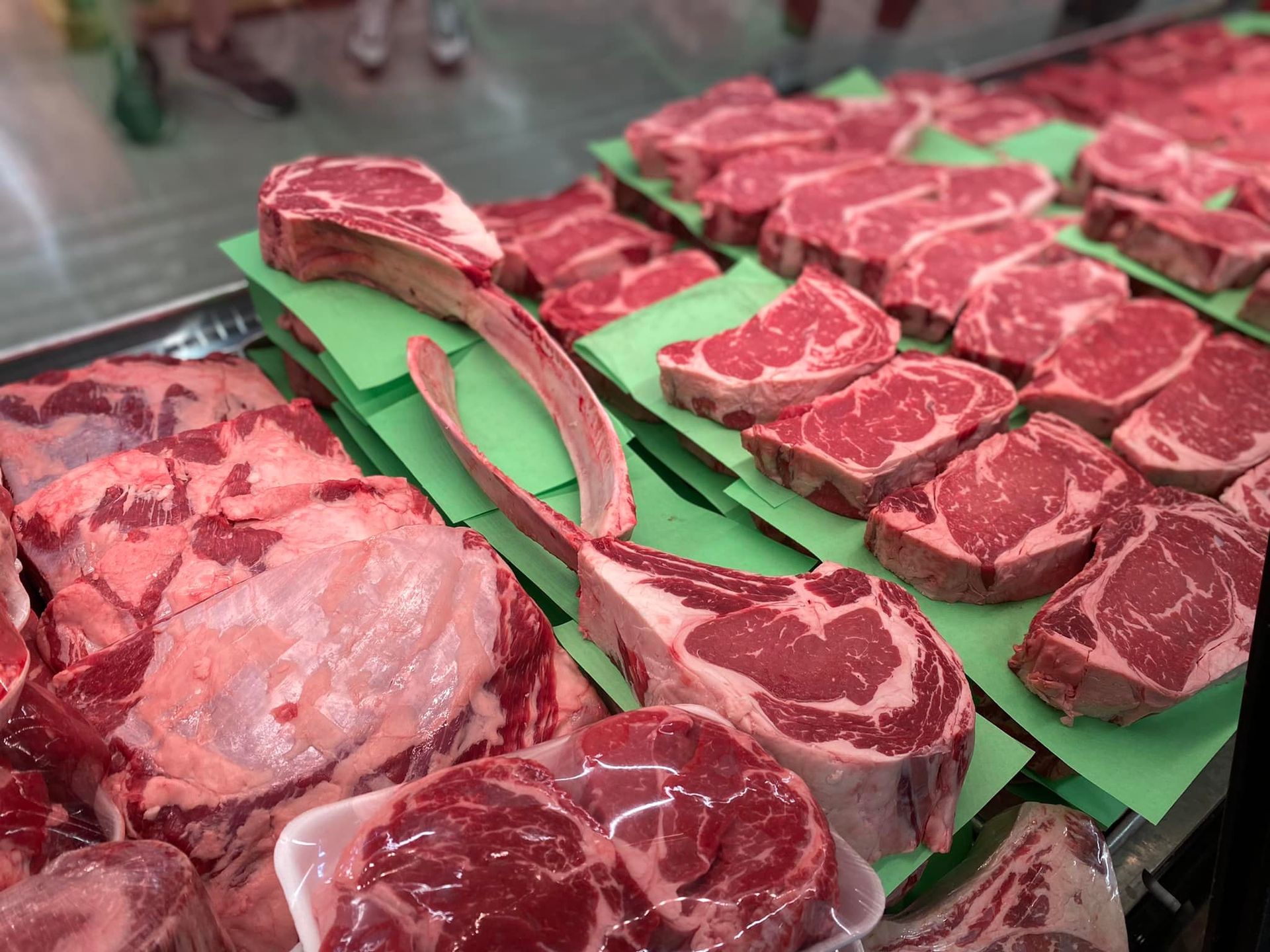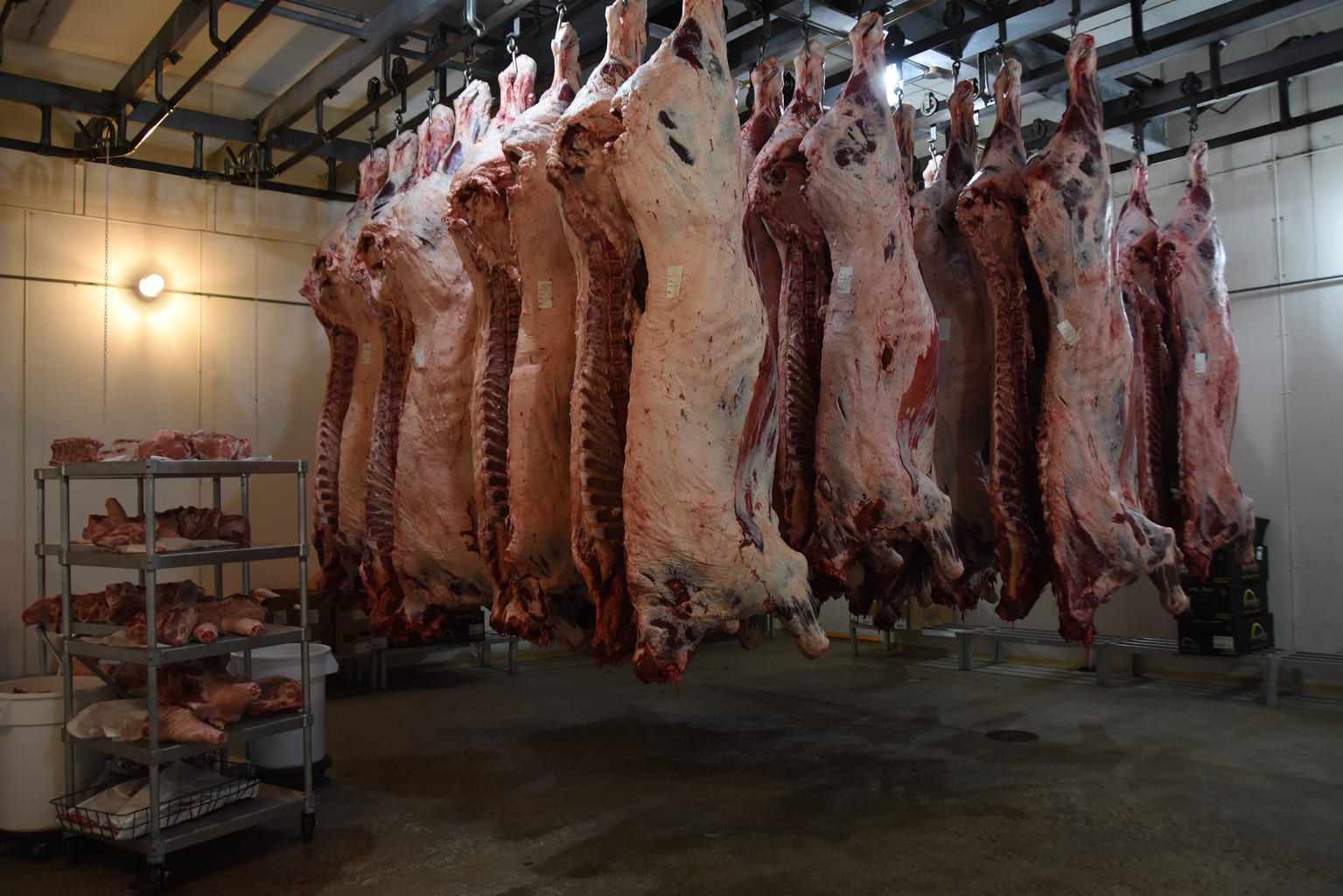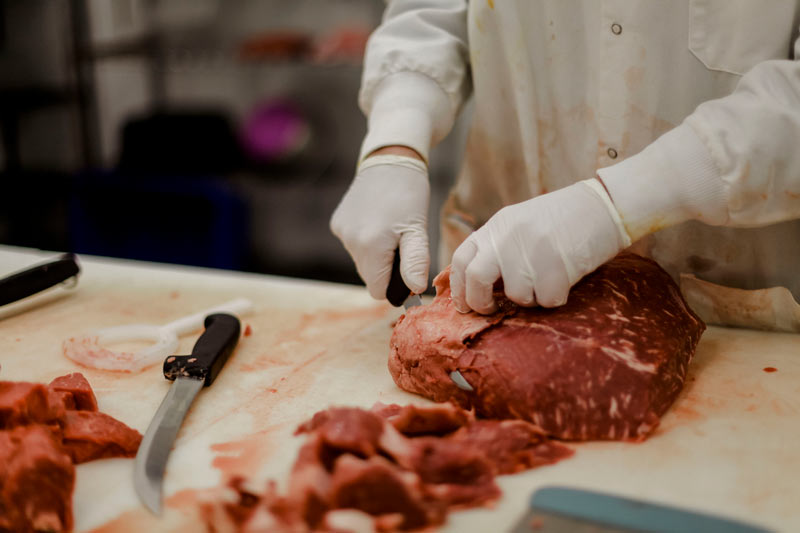Why Shopping at a Regional Meat Market Guarantees Fresh, High-Quality Cuts
Buying at a neighborhood meat market supplies unique benefits that frequently go unnoticed by customers accustomed to bigger retail chains. These markets provide straight accessibility to fresh, high-quality cuts, an outcome of decreased transportation time from ranch to counter. This not only boosts flavor however additionally supports neighborhood farmers, promoting area relationships and lasting practices. Rigorous quality control gauges make sure that each purchase satisfies high criteria of security and freshness. The implications of picking local expand beyond prompt benefits, prompting a more detailed exam of what this choice genuinely suggests for both consumers and the regional economic climate.
Benefits of Local Sourcing
In the realm of food procurement, the benefits of local sourcing stick out plainly. By buying meat from local markets, customers acquire direct access to products that are often fresher and more tasty than those located in bigger, industrial supermarkets. Neighborhood sourcing reduces the moment and range food takes a trip from ranch to table, which not only enhances preference yet likewise maintains dietary worth.

Moreover, local sourcing commonly offers transparency relating to the origins of the meat. Consumers can make inquiries regarding the farming practices made use of, pet welfare standards, and whether the meat is natural or grass-fed. This info encourages customers to make informed decisions aligned with their worths.
Quality Control Specifications
Local meat markets typically follow extensive quality assurance criteria that make certain the items used fulfill high security and quality benchmarks. These criteria generally include different stages of the meat production procedure, from sourcing to taking care of and storage space.
First, local markets frequently establish stringent provider criteria, making certain that just credible ranches and manufacturers are used - bagley meat market edwardsville il. This reduces the chance of contamination and advertises greater pet well-being standards. In addition, several local meat markets apply routine inspections to validate that the meat is processed under sanitary conditions, further lessening health and wellness dangers
Temperature level control is one more crucial facet of quality guarantee. Regional meat markets regularly check refrigeration systems to keep ideal storage space temperatures, making certain that meat stays risk-free and fresh for consumption. The application of traceability systems permits markets to track the origin of their products, offering openness and accountability.
Lastly, team at neighborhood meat markets are frequently educated to identify signs of putridity and understand correct handling techniques. This commitment to top quality control not just elevates the total standard of the meat however additionally promotes customer trust, making regional meat markets a reliable source for high-grade cuts.
Sustaining Neighborhood Farmers
Sustaining neighborhood farmers is essential for cultivating a lasting food system and improving area strength. When customers pick to patronize local meat markets, they directly add to the incomes of farmers in their region. This not just supports the regional economic climate however likewise strengthens the agricultural industry, guaranteeing that it continues to be sensible and dynamic.


In addition, supporting regional farmers cultivates a sense of neighborhood and link in between producers and customers. It urges openness in food sourcing and instills count on, as clients can establish relationships with the people that elevate their food. This straight connection ultimately leads to an extra involved and educated public, which is crucial for advocating for sustainable agricultural methods in the future.
Sustainable Practices
Sustainable practices in meat markets play a vital duty in advertising environmental stewardship and ensuring pet well-being. Neighborhood meat markets usually focus on sourcing their items from farms that apply moral and lasting farming methods. These practices include rotational grazing, which assists preserve soil health and reduces carbon exhausts, along with minimizing the usage of anti-biotics and hormonal agents in livestock.
Furthermore, local meat markets typically highlight openness in their supply chains. Clients are offered with information pertaining to the beginning of their meat, enabling them to make informed choices that straighten with their worths. By supporting neighborhood farmers that exercise lasting techniques, consumers add to the conservation of biodiversity and the reduction of transport discharges connected with long-distance meat circulation.
Furthermore, many neighborhood meat markets take part in waste decrease techniques, such as utilizing every part of the pet and promoting off-cuts that may otherwise go unsold. By cultivating a much more sustainable approach to meat usage, these markets not only supply top quality products yet likewise add positively to the setting and animal well-being. Basically, shopping at a local meat market straightens consumers with a wider activity towards responsible and moral food sourcing.
Personalized Customer Care
Shopping at a meat market often includes greater than just the items supplied; it is additionally concerning the experience and the relationships developed in between customers and personnel. Individualized client service is a trademark of regional meat markets, establishing them apart from larger grocery store chains. Experienced staff make the effort to recognize specific customer preferences, guaranteeing that each go to is tailored to certain demands.
Consumers gain from experienced guidance on cuts, cooking techniques, and prep work ideas, promoting a feeling of count on and commitment. This tailored communication enables consumers to ask inquiries and look for referrals, bring about notified getting choices. Staff members commonly keep in mind normal consumers and check it out their choices, developing a welcoming ambience that grows area ties.
Furthermore, individualized service extends to special demands, such internet as custom cuts or certain prep work techniques, which larger retailers might not suit. This level of attention enhances the dedication of regional meat markets to quality and customer satisfaction.
Essentially, personalized customer support not only enhances the purchasing experience however likewise makes sure that clients leave with the very best items fit to their cooking requirements, making every visit a fulfilling one.
Final Thought
Supporting regional farmers cultivates community connections and reinforces the local economy, while lasting practices contribute to ecological stewardship. Furthermore, tailored customer service improves the shopping experience, making local meat markets a favored selection for customers seeking both quality and honest factors to consider in their food sourcing.
The ramifications of picking neighborhood extend beyond immediate benefits, triggering a better assessment of what this selection truly suggests for both consumers and the regional economic climate.
Supporting regional meat markets likewise adds to the neighborhood economic situation. Neighborhood meat markets frequently check refrigeration systems to keep optimum storage space temperature levels, making certain that meat continues to be fresh and safe for usage.Regional farmers are commonly a lot more attuned to the certain requirements of their communities, raising and growing plants animals that straighten with regional preferences and preferences. Supporting local farmers cultivates area partnerships and strengthens the regional economic climate, while sustainable practices add to ecological stewardship.